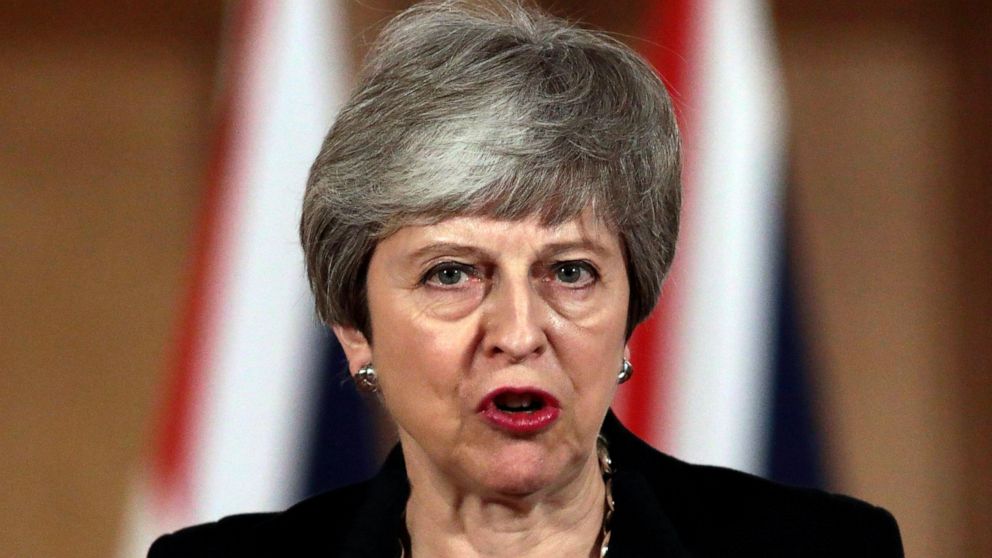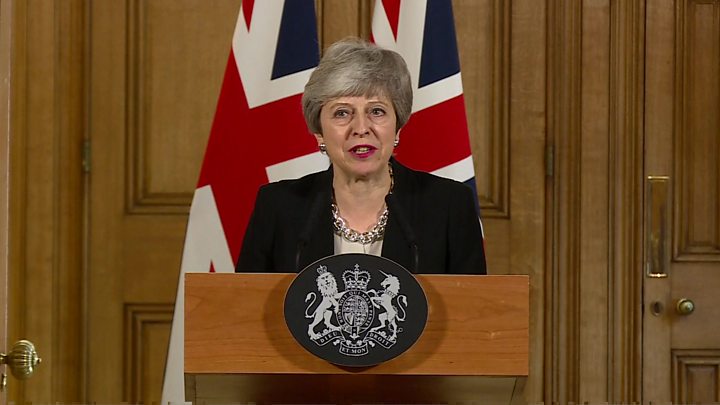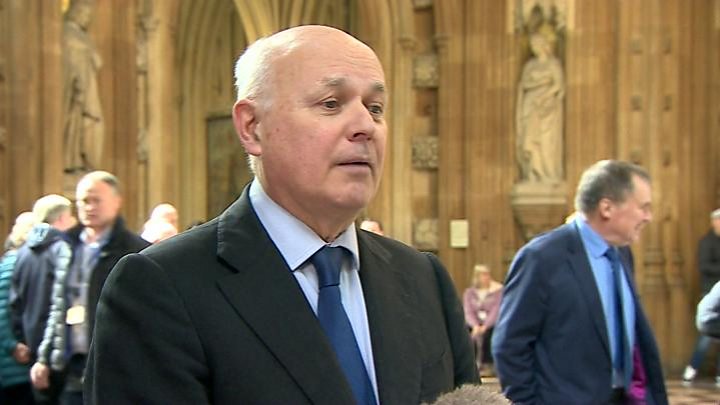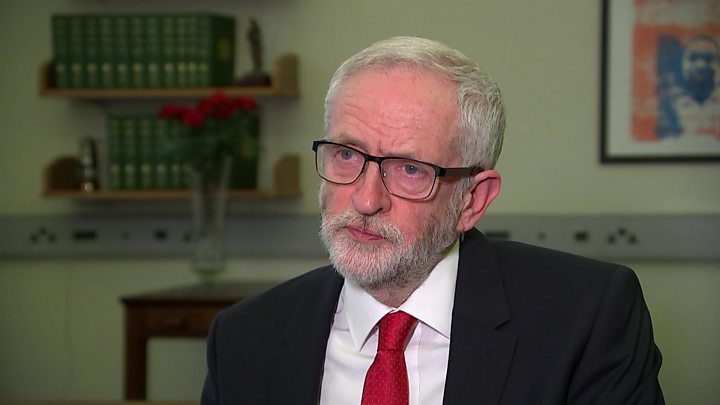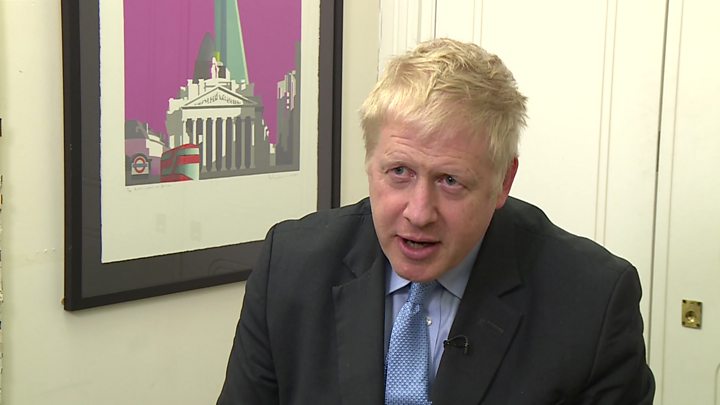
In another nail-biting vote in the U.K.'s Parliament, lawmakers voted by a majority of just one to force Prime Minister Theresa May to seek an extension to the Brexit process and avoid a no-deal departure.
Members of Parliament (MPs) voted for the draft legislation on Wednesday evening to prevent a shock no-deal exit on April 12 (the date of a new deadline granted by the EU) by 313 votes to 312. The bill will need to be approved by the upper house of parliament, the House of Lords, to become law.
Despite last night's vote in favor of a delay to Brexit, it's far from certain that the EU will grant the U.K. an extension when European leaders meet next Wednesday, April 10, at an emergency summit dedicated to Brexit.
The U.K. was originally meant to leave the EU on March 29 but granted more time by the EU. Ahead of the U.K. Parliament's vote last night, the European Commission President Jean-Claude reiterated that April 12 was the final date for the approval of the Brexit deal and that no short extension would be possible.
MPs have rejected May's Brexit deal three times now, and a selection of alternative Brexit options have also failed to win a majority of support.
May's talks with opposition leader Jeremy Corbyn Wednesday also failed to reach any compromise or consensus. Whatever happens next, experts expect a longer delay to Brexit and more political and economic uncertainty.
"As an American watching this from afar, we thought this would be done by now and I think what we're increasingly coming to terms with is that no matter what agreement is agreed right now, this is going to be a long-term process because Britain is divided," Christopher Smart, head of macroeconomic and geopolitical research at Barings, told CNBC Thursday.
A decision over an extension won't be taken lightly; the EU does not want to be blamed for scuppering a Brexit deal and a disorderly Brexit could harm its own interests — but so too could an extension in which the uncertainty surrounding future relations is prolonged.
May continues talks with Corbyn on Thursday but if they cannot agree a compromise deal there are expected to be more parliamentary votes on what course Brexit should take. The ball is in Europe's court over whether it will afford the U.K. more time if needed (and as expected) especially as it would mean that the U.K. will have to participate in European Parliament elections between May 23-26.
That could be an unappealing prospect for many politicians in Europe already wary of the rise of populist party politics — the same forces that fomented euroskeptic sentiment in the U.K. ahead of the 2016 referendum on EU membership.
While German Chancellor Angela Merkel signaled Wednesday that she was willing to grant an open extension to allow for an orderly Brexit. Her counterpart in France, President Emmanuel Macron, is not so keen on a delay and the potential disruption that could cause, however.
"It is far from clear whether an extension will be forthcoming," Stefan Auer, associate professor in European Studies at the University of Hong Kong, told CNBC Thursday.
"Merkel seems to be willing to grant it but she'll need to persuade Macron in France that that is in the EU's interests and I remain skeptical of that strategy, it will cause so much mess for the EU and the U.K. it will prolong the agony," he told CNBC's "Capital Connection."
Auer said it would be a "nightmare" for the EU if the U.K. took part in EU parliamentary elections in May as it would boost euroskeptics in the region. "The EU, at its heart, is a voluntary association of nation states and the credibility of that claim would be greatly diminished if the perception is created that the U.K. is somehow not allowed to leave."
"It would not only create a political mess in the U.K. … It would also have massive political repercussions in continental Europe so I think EU leaders will be wary of that prospect — but they're equally wary of a no-deal Brexit," he said.
https://www.cnbc.com/2019/04/04/uk-votes-to-delay-brexit-again-but-the-eu-could-refuse.html
2019-04-04 08:17:38Z
CAIiEB4uLoT5CaVUKI4SeVOSU9oqGQgEKhAIACoHCAow2Nb3CjDivdcCMP3ungY

